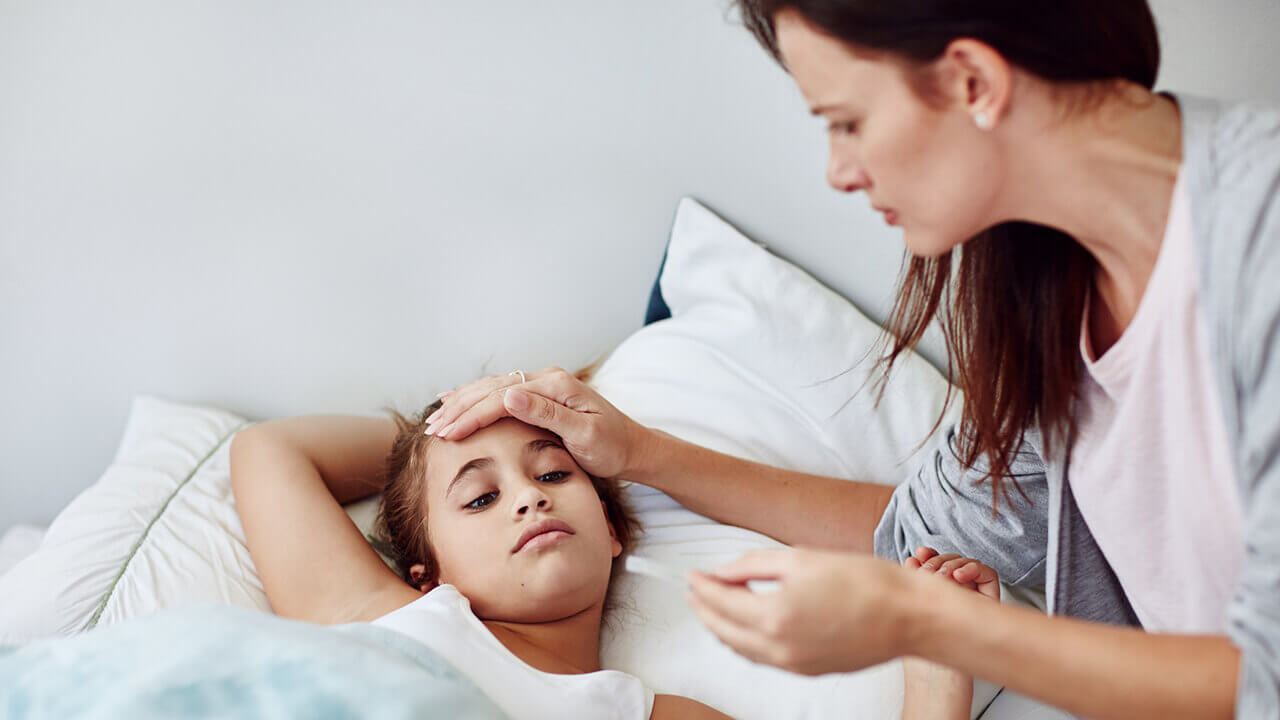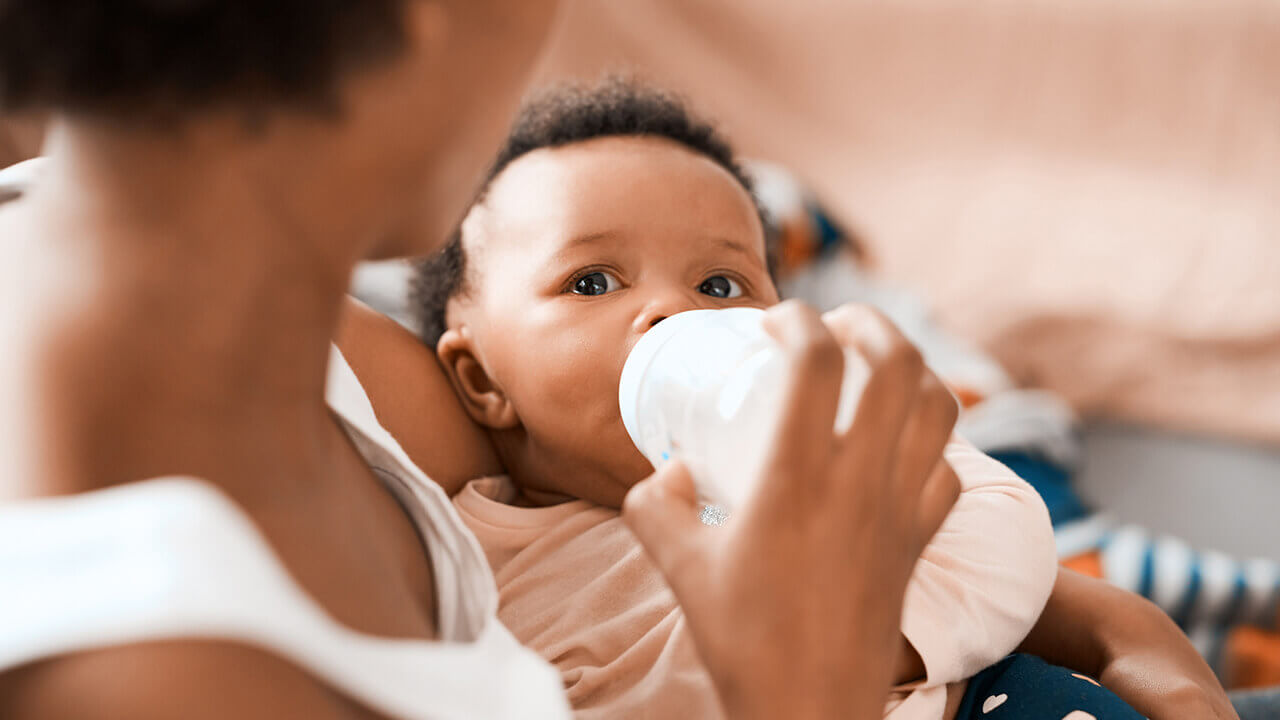

A cough, a sneeze, a drippy nose and a decision. Is my child too sick to go to school? Most parents ponder this question several times each year.
"In some circumstances it is clear that a child should stay home, but often it is difficult to know when your child is too sick to go to school," says a Prevea pediatrician. "When in doubt, call your child's health care provider for advice."
The common recommendation is that children who have a fever of 101°F or higher should stay home. It may be appropriate for children who don't feel well enough to pay attention in class to stay home as well. Keeping sick children out of school can speed their recovery and help lessen the spread of germs to teachers and classmates.
Parents also should consider if the child's illness is contagious - some are easily transmitted through coughing and sneezing. Children with other illnesses - such as pinkeye, strep throat, lice and chicken pox - also should stay home until their health care provider gives the approval to return to school.
Consider keeping your child home from school or daycare if he or she has:
"In some circumstances it is clear that a child should stay home, but often it is difficult to know when your child is too sick to go to school," says a Prevea pediatrician. "When in doubt, call your child's health care provider for advice."
The common recommendation is that children who have a fever of 101°F or higher should stay home. It may be appropriate for children who don't feel well enough to pay attention in class to stay home as well. Keeping sick children out of school can speed their recovery and help lessen the spread of germs to teachers and classmates.
Parents also should consider if the child's illness is contagious - some are easily transmitted through coughing and sneezing. Children with other illnesses - such as pinkeye, strep throat, lice and chicken pox - also should stay home until their health care provider gives the approval to return to school.
Consider keeping your child home from school or daycare if he or she has:
- A temperature of 101°F or higher
- Vomiting or diarrhea in the past 12 hours
- A new rash other than on the diaper area
- Redness or draining from the eye
- A communicable disease
- Skin or mouth lesions



